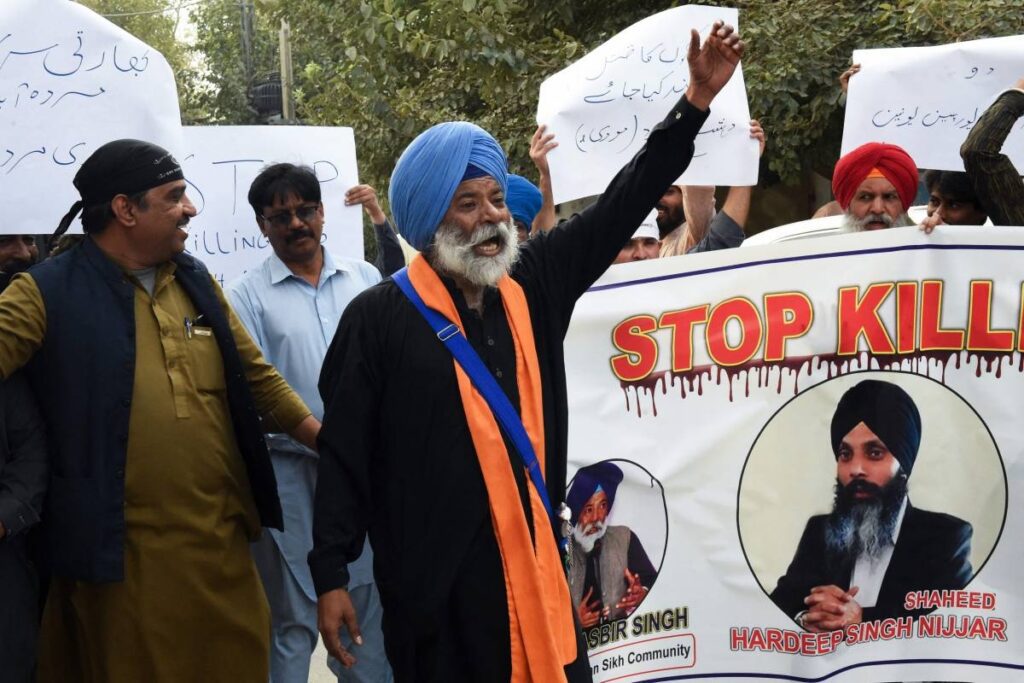- Web Desk
- 41 Minutes ago
US provided Canada with intelligence on killing of Sikh leader
-

- Web Desk
- Sep 25, 2023

NEW YORK: American spy agencies provided information to Ottawa after the killing of a Sikh separatist leader Hardeep Singh Nijjar in the Vancouver area, but Canada developed the most definitive intelligence that led it to accuse India of orchestrating the plot, according to Western allied officials.
In the aftermath of the killing, US intelligence agencies offered their Canadian counterparts context that helped Canada conclude that India had been involved. Yet what appears to be the “smoking gun,” intercepted communications of Indian diplomats in Canada indicating involvement in the plot, was gathered by Canadian officials, allied officials were quoted as saying by The New York Times.
While Secretary of State Antony J. Blinken has called on India to cooperate with the Canadian investigation, American officials have largely tried to avoid triggering any diplomatic blowback from India. But the disclosure of the involvement of US intelligence risks ensnaring Washington in the diplomatic battle between Canada and India at a time when it is keen to develop New Delhi as a closer partner.
The United States did not learn about the plot, or evidence pointing to India’s involvement in it, until after operatives had killed the Sikh leader, Hardeep Singh Nijjar, allied officials said.
Canada says Indian gov’t agents could be linked to Sikh leader’s murder
Two men fatally shot Mr. Nijjar, a Canadian citizen who had advocated independence for a Sikh-majority region of India, in the Vancouver area on June 18.
Before the killing, Canadian officials had told Mr. Nijjar that he was in danger. Several friends and associates of Mr. Nijjar said that he had been warned repeatedly about threats against him and had been cautioned to avoid the temple.
After his death, American officials told their Canadian counterparts that Washington had not had any advance information about the plot, and that if US officials had they would have immediately informed Ottawa under the intelligence agencies’ “duty to warn” doctrine, according to two allied officials.
The officials, who spoke on the condition of anonymity to discuss what has become a diplomatic firestorm, said Canadian officials had offered a general warning to Mr. Nijjar, but had not told him that he was the target of an Indian government plot.
The United States routinely, and automatically, shares huge amounts of intercepted communications with its closest intelligence partners, including Canada. But the contextual information about the killing was shared deliberately as part of a package of various intelligence streams.




